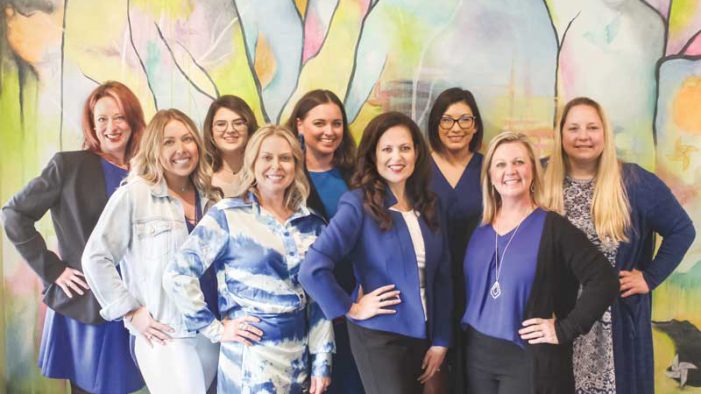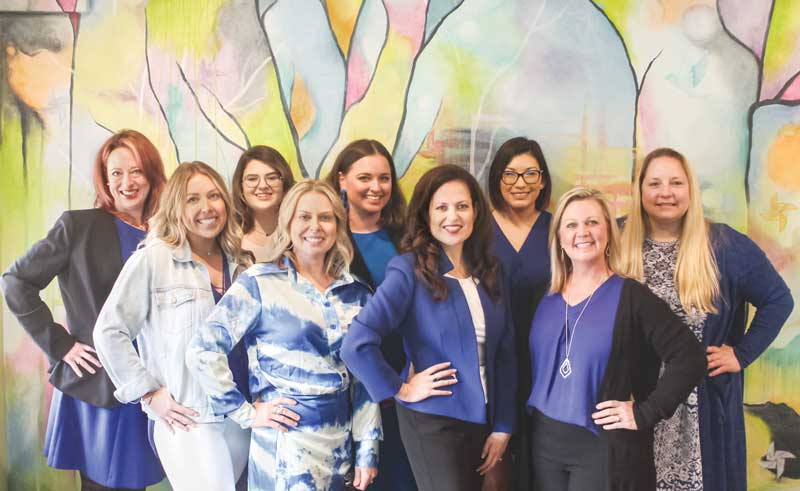
ROCKWALL, TX – April 1, 2020 — Before there was a Children’s Advocacy Center in Rockwall County, there existed a gap for children and their families who needed services and resources for dealing with the traumatic aftermath of abuse. The investigative component was there in terms of law enforcement and CPS. But a key component to the long-term well being of the children and their families was missing: the follow-up in terms of medical and mental health, along with family advocacy services as they were going through that crisis.
Since opening its doors in April of 2018, the CAC has come a long way in helping to fill that gap for abused kids and their families.
“When we first got started, a lot of energy was poured into filling that gap by providing direct services for those families such as review of statewide intake reports, case coordination, forensic interviewing, and referrals for counseling,” said President and CEO of the Rockwall CAC Patricia Mejia.
According to Mejia, when the CAC first opened, initial CPS reports indicated for the county that the CAC should expect to see about 12 to 15 cases per month. Last year, the CAC handled 445 total unduplicated cases – which averages to nearly 40 cases per month. That’s more than double the cases the CAC was expecting to take on when it first got started. Thanks in large part to the support of the community, the CAC was able to grow its initial crew of five staff members to 10 staff members, introduce new direct services and a refined case tracking system to handle the increase in case volume.
One might wonder if those case numbers indicate that the county is seeing an actual increase in child abuse. Or is it simply that the CAC’s significant growth since its opening has allowed them to take on a heavier load of cases?
“My answer to that is child abuse has always been there,” Mejia said. “We are extremely blessed to live in a beautiful lakeside community. But we know that child abuse cuts across any kind of socio-economic boundary, race, religion, education… it happens everywhere.”
Now that the CAC has a system in place for its partners to work with – joint investigations, forensic interviews, and referrals for services for the families – Mejia said those are being better utilized, which could explain the considerable uptick in its caseload. Once a case of child abuse is reported, the CAC makes it convenient for law enforcement and CPS to come together in one place and work with the family involved. Before the CAC existed, families would have been sent to multiple places throughout the investigation process, from the police department to the CPS office to a medical facility for an examination. Mejia said a couple of the unintended consequences of this
was that it made the process long and drawn out, and also re-victimized the children. By the time they get to the fourth or fifth person they have to talk to during the process, they often would feel like they weren’t believed.
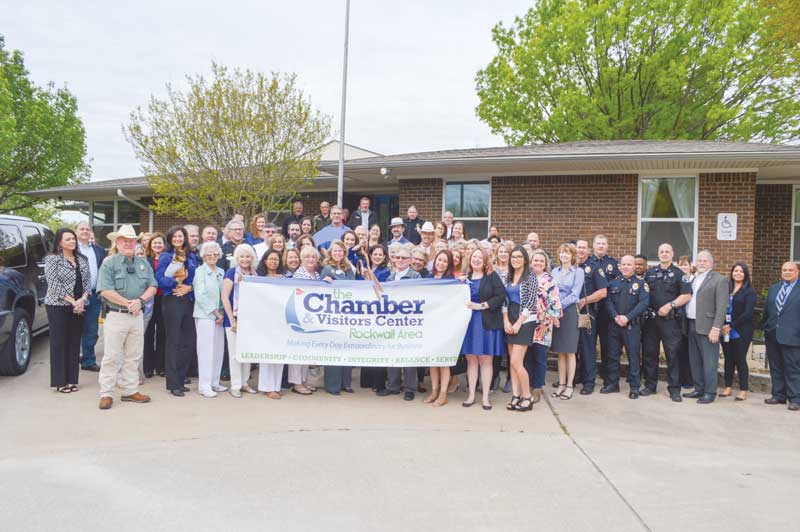
“The CAC provides one place that is safe, secure, confidential and is a child-friendly environment,” Mejia said. “That helps a child feel that if they have something difficult to disclose, that this is a safe place for them to do that. They can see the other kids here and know that they are not the only ones going through something like this, which can really help with their healing journey.”
Pulling everyone together in a centralized location not only makes it easier on the kids and their families, it allows the CAC staff to work with the families and educate them on child abuse dynamics, the investigation process, and the tools and resources available to them. The CAC’s Family Advocate can work with them on budget needs and crime victim’s compensation if needed. In some special cases, if the abuse was particularly traumatic and causes the child to not be able to sleep at night, the CAC can offer a room makeover for the child to make them feel safer and more secure in their own room. The CAC offers all of its services free of charge, so as not to add to the financial burden of the families it serves.
Family advocacy services for the CAC when it first got started were more about visiting with and doing an intake with the caretaker as the investigative process was underway. Now the CAC has a whole lot more depth to be able to follow through with them and stick with them from when they first walk through the doors to when their case goes to trial and/or beyond.
“Once a client is seen here, they are a client for life,” Mejia said.
However, none of these resources can be made available to a child suffering abuse if that abuse is not being reported. Since arriving on the scene in Rockwall County, the CAC has begun shifting its focus to raising awareness and educating the public on the importance of reporting abuse.
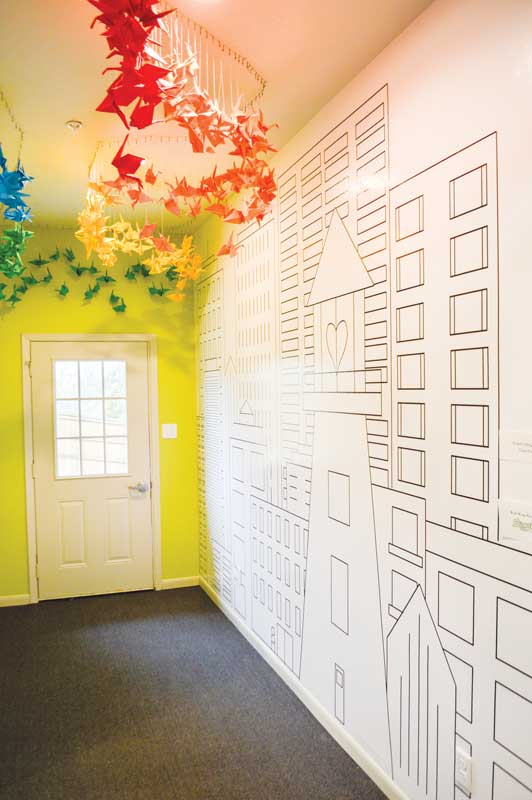
Unfortunately, the shelter-in-place mandates that came with the COVID-19 pandemic resulted in a significant underreporting of child abuse cases across the state. Mejia noted that this didn’t necessarily mean that child abuse just went away because everyone was forced to stay home; In fact, it shined a spotlight on the importance of the role that adults such as teachers play in the lives of kids every day. When the pandemic hit, kids couldn’t attend school, church or engage in any of their normal social activities. As a result, they didn’t have that safety net of teachers and other adults looking out for them each day.
“While staying home helped keep us healthy from the virus, for many kids, home was not a safe place,” Mejia said. “They were isolated at home, unable to escape somebody that could be harming them.”
Many of the kids experiencing abuse find themselves in a situation where they are unable to speak out about it. That’s why it’s important for adults to be the voice for those kids who don’t have one and report suspected abuse to the authorities.
To learn more about signs and symptoms of abuse or how to recognize and report, visit the website at rockwallcac.org and request training. To report abuse call 800-252-5400. In the event of an emergency call 9-1-1.
“Making that phone call literally could save a child’s life,” Mejia said.
Story and photos by Austin Wells, Blue Ribbon News.
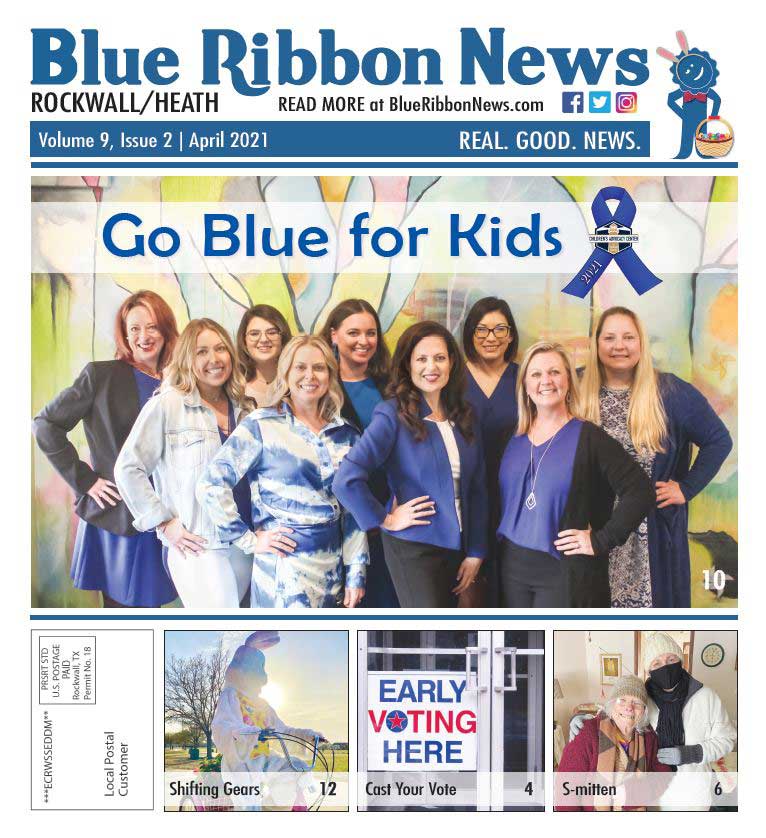 Our print edition is delivered free to ~15,500 homes in Rockwall and Heath, TX.
Our print edition is delivered free to ~15,500 homes in Rockwall and Heath, TX.
To share your good news and events, email editor@BlueRibbonNews.com.
Subscribe to our email newsletter here.
Advertising: 214-342-8000 or advertising@BlueRibbonNews.com.






